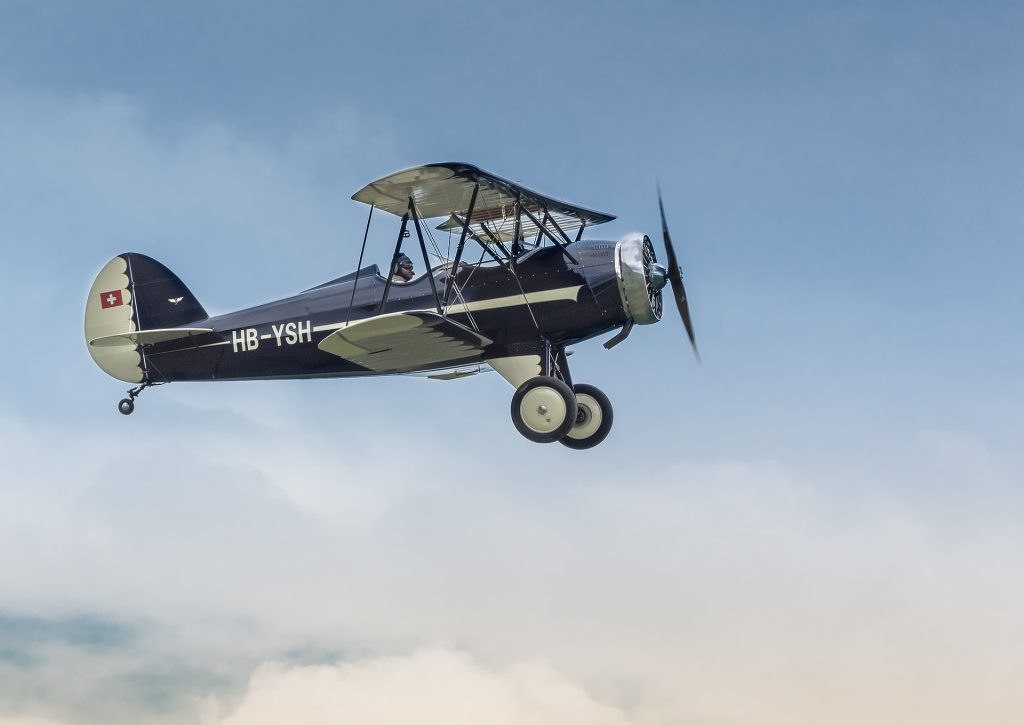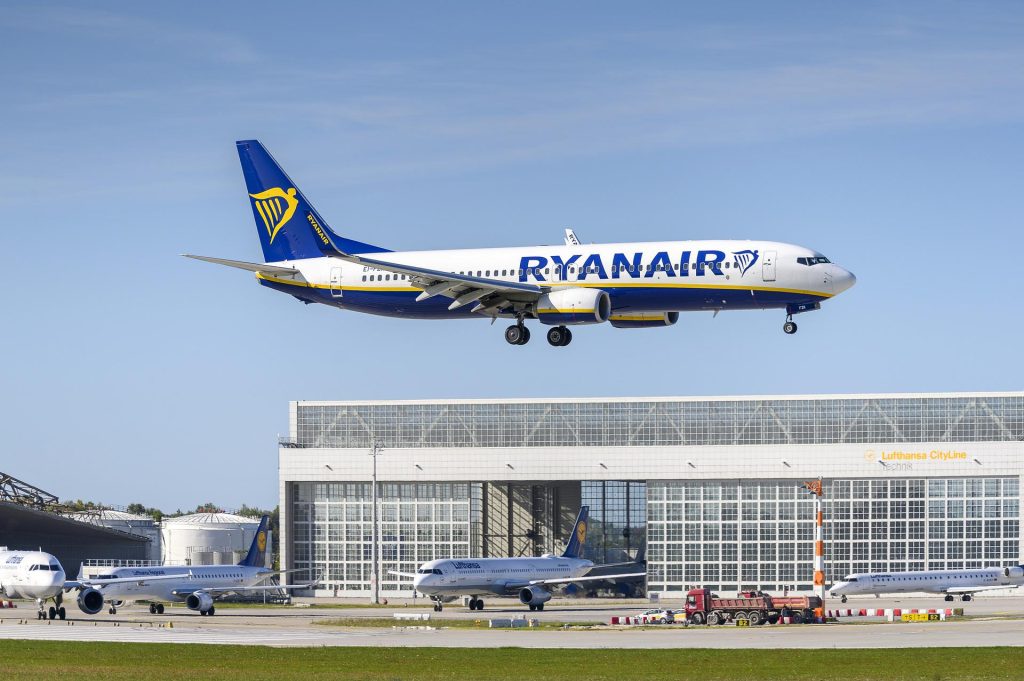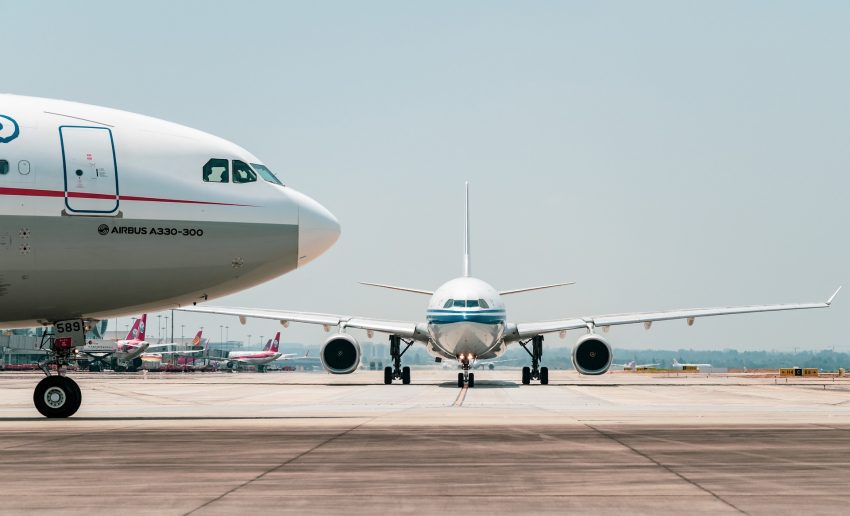The aviation sphere is developing rapidly, with new technologies being introduced all the time. This is making flying safer and more efficient, and opening up new possibilities for the future of aviation. During your flight, you can check Hell Spin Casino Login and test there your luck.
Aviation Novelties

One of the most important recent developments has been the introduction of GPS tracking and navigation. This has made it much easier for aircraft to find their way around and has made flying in bad weather much safer.
Another key development has been the introduction of new materials and construction techniques. This has led to lighter, stronger, and more fuel-efficient aircraft. The use of composite materials is particularly important, as they are much stronger than traditional materials like aluminum.
The introduction of new engines is also making a big difference. The latest generation of jet engines are much more fuel-efficient and produce far less noise. This is making flying more environmentally friendly and is helping to reduce costs.
One of the most exciting recent developments in the use of electric propulsion. This is still in its early stages, but it has the potential to revolutionize aviation. Electric aircraft are much quieter and produce no emissions, making them much more environmentally friendly. They are also potentially much cheaper to operate, as electric power is much cheaper than jet fuel. All of these developments are making flying safer, more efficient, and more sustainable.
Green Policy

The 21st century has been a time of significant advances in aviation technology. One of the most important has been the development of more fuel-efficient engines. This has led to a reduction in operating costs for airlines and has made air travel more accessible to a wider range of people. Another area of significant development has been in the field of aircraft design. The introduction of new materials and manufacturing techniques has resulted in lighter and more fuel-efficient aircraft. This has had a major impact on the environmental footprint of the aviation industry.
In recent years, there has also been a focus on the development of electric and hybrid-electric aircraft. These technologies have the potential to significantly reduce the emissions of the aviation sector. Several companies are already working on the development of these types of aircraft and it is expected that they will begin to enter commercial service in the coming years.
Non-pilot Flight
The aviation industry is also working on the development of autonomous aircraft. These will be able to take off, fly and land without the need for a human pilot. This technology is still in its early stages of development but it has the potential to revolutionize the way we travel. As we move into the future, it is expected that the aviation sector will continue to evolve and adopt new technologies. This will result in a more sustainable and efficient industry that can provide affordable and accessible air travel for all.
